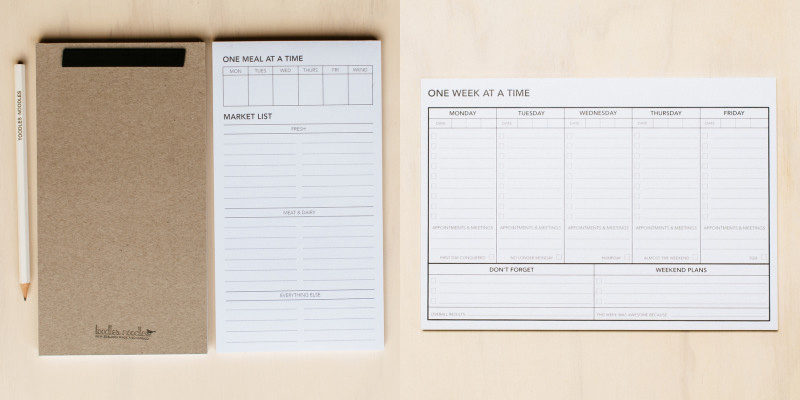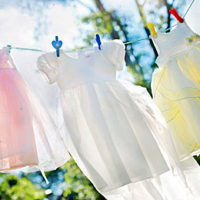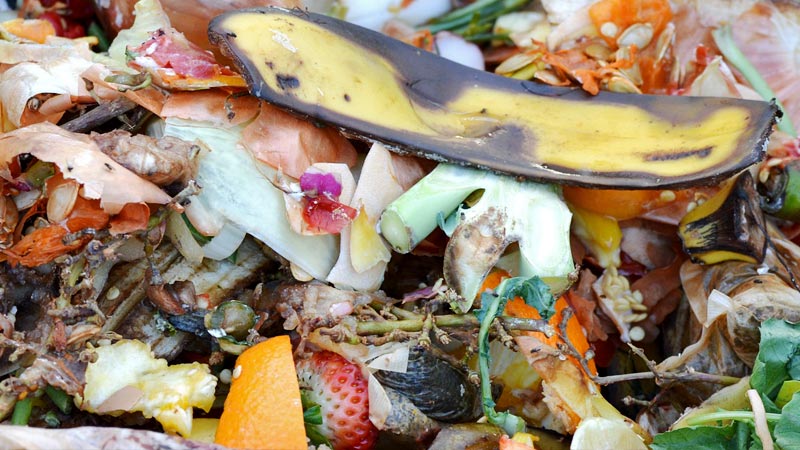
Did you know that the average New Zealand household throws away 61kgs of food every year…?? And this is only the food waste that ends up in the rubbish….not food waste that has been put through the waste disposal unit, composted or otherwise disposed of. So actually….. 61kg of food waste per household could be a conservative estimate.
Food waste happens at all stages of the supply chain, including at the farms that grow the food and the supermarkets who sell it. But the food wasted by us (the households) is the largest source of food waste in New Zealand. A recent study by KiwiHarvest found that New Zealand households are binning $1,259 worth of food each year….
Why is Food Waste a Problem..??
Food that ends up in landfill decomposes without oxygen and produces carbon dioxide and methane – a harmful greenhouse gas that is over 25 times more detrimental to the atmosphere than carbon dioxide.
It’s estimated that 325,975 tonnes of carbon emissions are produced each year from New Zealand’s food waste, the equivalent of what’s produced annually by over 100,000 cars….!! That’s not to mention all the energy and resources that went into producing the food which has now been wasted.
And what about your personal resources…?? The energy and time you use to go shopping..?? The money you spend on food..?? The time you spend preparing it..?? Food you buy has been paid for with money you’ve had to earn. If you’re wasting the food, you’re wasting the money that’s paid for it.
It’s mind boggling really…but it’s happening
How much food waste does your household generate and how much money could you save if you cut back on your food waste…?? Love Food hate Waste has a great quiz that can tell you the answer. They’ve also got lots more info about the food waste problem in New Zealand.
The good news is, there are lots of things you can do to reduce the amount of food that you or your household wastes. Reducing your food waste isn’t only good for the environment…it will save you money. It’s a no brainer isn’t it…??!! So check out our tips below, and start eating ALL the food you buy….!!
1. Check for Items that Need Using
Before you do any planning or make any lists, check your pantry, fridge and freezer to see what’s nearing its ‘expiration’ date. Prioritise using these foods in your meal planner for the week.
2. Use a Meal Planner
Planning out your meals for the week ahead can really help you become an efficient shopper and reduce your food waste. If you’ve got your meals all mapped out, you’ll know exactly what you need and can shop accordingly. Nobody wants to be that person who wanders up and down the aisles looking for inspiration, finds none and ends up buying random items that may or may not be used…
3. Do a Stock Take
Before you head to the shops, take a look at what’s already in the pantry and the fridge. If you’ve already made up your list, cross things off that you’ve already got. How many times have you returned from the shops and started to put your groceries away only to discover you’ve bought something you already have..???!! Doing a quick check before you go means you’ll avoid doubling up.
4. Shop Smarter and Stick to the List
Having planned your weekly meals and done your stock take, make up a shopping list of what you need and try to stick to it. Going shopping without a list is tricky and you’re likely to forget things you need and buy things you don’t need. If you’re tempted by a bargain that isn’t on the list, make sure you have some idea of what you can do with it – either use it or freeze it to use later on.
5. First In First Out
When you’re putting your shopping away, make sure to arrange your new products towards the back and bring any older products to the front. This acts as a useful ‘visual’ reminder to use up these products first.
6. Store Food Properly
Prolong the life of your fresh fruit and vegetables by storing things properly. The longer your produce lasts, the more chance you will have to use it and avoid it going in the bin. 5 A Day has this great guide to help you find out where and how to store your fresh produce.
7. Avoid Food Waste – Use It
Even if fresh produce has gone a bit past its best, there are still ways to use it. Limp salad leaves or greens can be stirred through pasta or soup, or added to a green smoothie. Other vegetables that might look a bit brown can be used to make a vegetable stock or soup. Overripe fruit can be stewed or frozen and used in a kick ass breakfast smoothie or made into ice cream… Use your imagination.
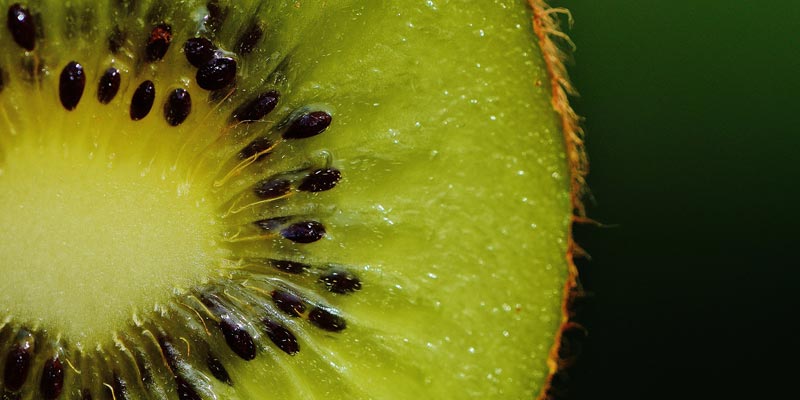
8. Use It All
The skins and peels on fruit and veg are often thrown away, but there’s lots of goodness to be found in the ‘coats’. The zest of an orange or lemon can add a great flavour boost to all sorts of dishes and did you know that the skin of a kiwi fruit is completely edible and contains lots of fibre..?? I am personally opposed to the texture of kiwi skin unless it’s blitzed in a juice but my children aren’t. They eat a kiwifruit like an apple….!! Potato skins and carrot peels are also good sources of fibre, and next time you think about chucking a broccoli stalk in the trash, don’t!! Grate it and add to coleslaws or salad for some extra crunchy greenery.
A quick note about skins and peels which is important to remember…. Unless your fruit or vegetables are organic, ALWAYS wash or scrub them to get rid of any chemical residue that might be present.
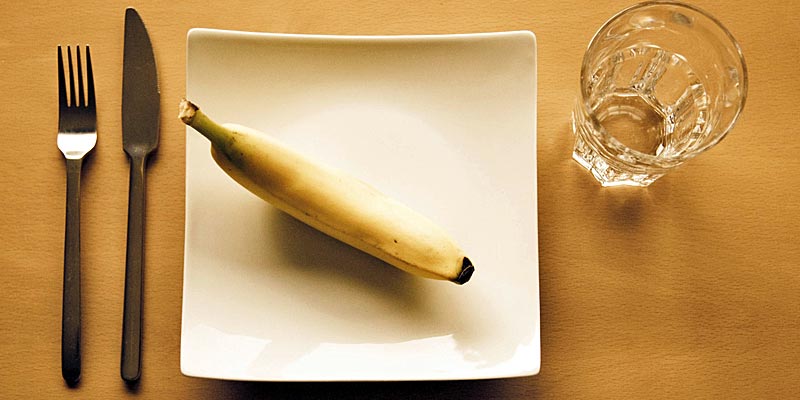
9. Portion Control
This isn’t about dieting but making sure food waste isn’t being scraped off our plates and into the bin after every meal. Try serving smaller portion sizes so you don’t fill up before finishing what’s on your plate. It’s no bad thing for our health to eat smaller portion sizes either, and if you’re still hungry after finishing what’s on your plate you can always have some more.
10. Love Leftovers Hate Food Waste
Keeping some leftovers stashed in the fridge or freezer is like having access to your very own supply of ready meals. Portion up what you’ve got left or simply cover the dish with a beeswax food wrap, refrigerate and use for mid week lunches. Larger portions can be frozen for a complete family meal. Make sure you mark up your containers so you know what’s inside and how long your leftovers have been stored for.
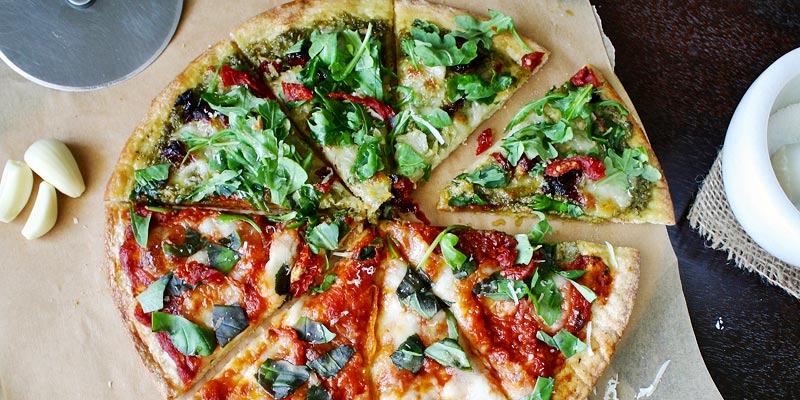
11. Have Some Straggler Recipes
Get to know a few recipes you can turn to when you need to use up ‘random’ stragglers in the fridge. A single pepper, a small chuck of roast meat, 3 mushrooms, a small wedge of cabbage and a few odds and ends of cheese… On their own, none of them are much use and could easily end up as food waste but chopped up and put on top of a pizza…??
Now we’re talking. A homemade pizza is my go-to solution for using up stragglers and it’s a very popular Friday night meal in my house!! Frittatas or omelettes are also a fabulous way to use up random bits and pieces from your fridge.
12. Love Your Freezer
Freezing food in the correct manner is a great way to prolong its life. Bread is at the top of the list of foods that Kiwis waste so why not keep a sliced loaf in the freezer and take out as many slices as you need, when you need them..?? Milk, butter and cheese also freeze well and so does raw meat or cooked dishes like stews and soups.
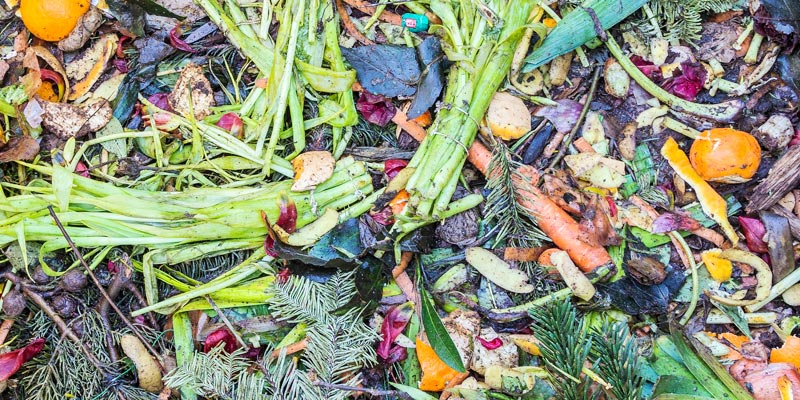
13. Compost Your Food Scraps
Sometimes, despite our best intentions the odd piece of fruit or veg will go bad and be inedible, even in a smoothie!! And there are some bits of fruit – like citrus pith or the skin of a pineapple that we really would prefer not to eat. An environmentally responsible way to dispose of food waste like this is to compost them or feed them into a worm farm. If you don’t have space for a compost pile in your garden, Zing Bokashi have some excellent compact options that can be kept inside.
So….you see…it’s really easy to reduce your food waste. With a little bit of forward planning and thought put into shopping and cooking you can stop your hard earned cash going in the bin. Let us know your top tips for saving food waste….!!!
If this has got you thinking “What else can I do?” then read on for more ideas on how to reduce waste at home.

